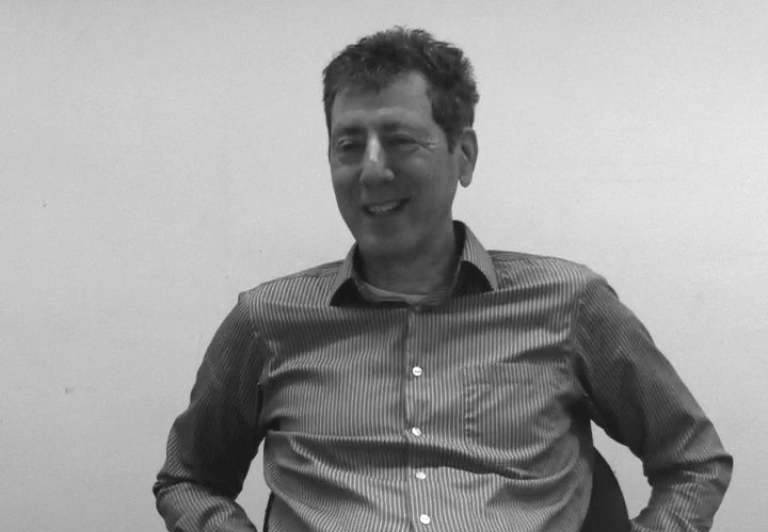Professor Tony Roth (1953 to 2023)
24 November 2023

Professor Tony Roth, who retired for UCL in 2018, but who continued working as a Senior Research Fellow at UCL died on 16th of November following a short period of illness. He gained a first-class honours degree and then a PhD from the University of Sheffield. In the early 1980s Tony trained as a clinical psychologist in the South-East Thames Region before working for more than 10 years in the NHS, latterly in Camden and Islington. He then moved to the Northwest Thames Clinical Psychology Programme before joining UCL, where with Anne Richardson and Peter Fonagy, he took a leading role in building UCL’s now highly regarded clinical psychology doctoral training programme. Much of the success of the programme is attributable to the work of Tony; he created an outstanding academic and clinical tutor team who, inspired by Tony, did a brilliant job in nurturing generation after generation of trainees who have helped to re-shape the way clinical psychologists now work in the NHS. The course also produced a number of outstanding clinical academics who have gone on to make substantial contributions to the evidence base and the development of mental health services both national and internationally.
Alongside leading the UCL course, Tony made a huge contribution to the development of clinical psychology training both in London and at a national level. He was instrumental in moving training from the traditional clinical speciality model to a competence-based model of training. This allowed greater flexibility of training routes and ultimately paved the way for the expansion in training numbers.
Tony’s scholarship was absolutely second to none. His work on the outcomes of psychotherapy in the “What Works for Whom” books was extraordinary in its clarity and made these volumes the go-to text for generations of clinical psychologists and other psychological therapists. Colleagues at several Centres referred to his books as the “bible”, and treated them with commensurate deference and appreciation.
Tony’s scholarship was also evident in the work he led on the development of competence frameworks for psychological interventions. Originally developed to ensure that the training programmes for the Improving Access to Psychological Interventions were based on the best available evidence, their value in promoting best practice was quickly recognised by a range of educational and government agencies. Their influence can now be seen not only in psychological interventions but also in suicide prevention programmes, the delivery of child mental health services, employment rehabilitation programmes and for peer support practitioners in mental health services.
Tony leaves a huge legacy in the world of psychology and psychological therapy training. He is fondly remembered by generations of clinical psychologists.
 Close
Close

